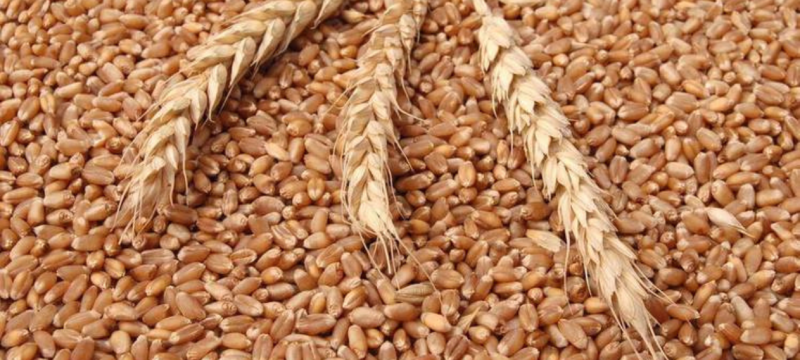Wheat markets in Pakistan are facing a sharp rise in prices. Recent floods have disrupted supplies and damaged crops across several regions. As a result, Wheat Prices in Pakistan Hit 72-Week High After Floods, creating serious concerns for both traders and consumers.
According to market reports, wheat rates have reached their highest point in more than a year. The floods destroyed large areas of farmland in Punjab and Sindh, which are the country’s main wheat-producing provinces. With production badly affected, supply has tightened while demand remains strong.
Experts warn that the rise in wheat prices could push up the cost of flour, bread, and other essentials. For many households, this means higher grocery bills and added financial pressure. Traders believe the situation may continue until the government arranges alternative supplies or imports.
Industry sources also noted that global grain prices are already elevated due to climate change and international supply disruptions. Pakistan’s recent floods have only made the situation worse, leaving little room for price relief in the near term.
Officials are monitoring the market closely. Discussions are underway about possible imports to stabilize domestic prices. Some provinces have also requested emergency reserves to be released in order to control shortages.
Analysts say that without timely action, the price surge could impact food security and increase inflation. They stress the need for better flood management and agricultural planning to prevent similar shocks in the future.
In short, Wheat Prices in Pakistan Hit 72-Week High After Floods, highlighting the fragile balance between natural disasters, supply chains, and the nation’s food security. The coming weeks will be critical in determining whether prices stabilize or continue to rise.
Read More : Wheat Prices to Drop by Rs. 25/Kg Soon







